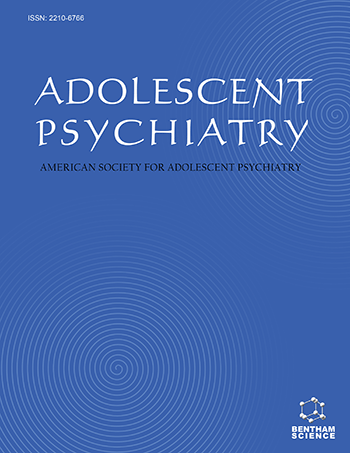Abstract
Objectives: To ascertain behaviors and attitudes of high school students regarding prescription and over-thecounter medication misuse.
Methods: We administered the Medical University of South Carolina Inventory of Medication Experiences (MIME), a newly developed self-report instrument, in demographically diverse high schools in Charleston, SC, to assess the feasibility of its administration and determine characteristics associated with medication misuse among high school students.
Results: A total of 3182 students completed the MIME (93% completion rate). Nearly one-third (31%) reported misuse of a medication more than once a month. There were no significant correlations of overall misuse with grade level, age, or parent’s education level. White students and those who were over 18 in 12th grade were significantly more likely to misuse medications than were African-Americans and students who were in the appropriate grade for their age. Misuse was also more likely if a participant was prescribed medication (yes=46%, no=21% p<.001), if a family member was prescribed medication (yes=40%, no=26% p<.001), and if a family member had ever offered their prescribed medication to the student (yes=91%, no=29% p<.001).
Conclusion: Medication misuse may be more pervasive than originally thought, with a notably high level among those most familiar with medications.
Keywords: Addictions, demographics, high school, student health; survey, substance use.



























